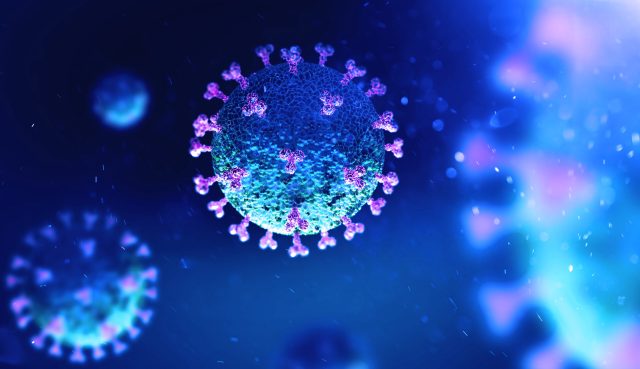Course Summary
With the changes in COVID-19 variants and infection rates worldwide, continuing review and revision of the recommended measures to prevent disease spread within a healthcare setting is needed. Preventing SARS-CoV-2 spread requires ongoing consideration of infection control practices, which should consider transmission by droplet, aerosol, and other body fluid contact. As the prevention of SARS-CoV-2 spread continues to evolve, healthcare workers depend upon current infection control and prevention measures for public safety and to help reduce transmission of the SARS-CoV-2 infection.
Course Format
Homestudy
Course Syllabus
- Introduction
- Emergence and Prevalence of COVID-19
- Transmission of COVID-19
- Person-to-Person Transmission
- Fomite Transmission
- Airborne Transmission
- Non-Respiratory Routes of Transmission
- Infection Control Techniques in Healthcare
- Infection Control in Healthcare: Source Control
- Visitors
- Health Staff
- Triaging New Patients and Quarantine Procedures
- Emergency Medical and Inpatient Services
- Personal Protective Equipment
- Aerosol-Generating Procedures
- Cardiopulmonary Resuscitation
- High-Flow Oxygen
- Intubation
- Nebulizer Administration
- Discontinuing Transmission Precautions
- Recommendation for Ending Isolation
- Empiric Transmission Precautions
- Home, Nursing Home, or Long-Term Care Facility Discharges
- Post-Mortem Care
- Healthcare Workers and COVID-19 Exposure
- Healthcare Professionals: COVID-19 Infection and Return to Work Criteria
- Case Study: Confirmed Case of COVID-19
- Summary
Authors
Noah H. Carpenter, MD
Dr. Noah Carpenter is a Thoracic and Peripheral Vascular Surgeon. He completed his Bachelor of Science in chemistry and medical school and training at the University of Manitoba. Dr. Carpenter completed surgical residency and fellowship at the University of Edmonton and Affiliated Hospitals in Edmonton, Alberta, and an additional Adult Cardiovascular and Thoracic Surgery fellowship at the University of Edinburgh, Scotland. He has specialized in microsurgical techniques, vascular endoscopy, laser and laparoscopic surgery in Brandon, Manitoba and Vancouver, British Columbia, Canada and in Colorado, Texas, and California. Dr. Carpenter has an Honorary Doctorate of Law from the University of Calgary, and was appointed a Citizen Ambassador to China, and has served as a member of the Indigenous Physicians Association of Canada, the Canadian College of Health Service Executives, the Science Institute of the Northwest Territories, Canada Science Council, and the International Society of Endovascular Surgeons, among others. He has been an inspiration to youth, motivating them to understand the importance of achieving higher education.
Dana Bartlett, RN, BSN, MSN, MA, CSPI
Dana Bartlett is a professional nurse and author. His clinical experience includes 16 years of ICU and ER experience and over 27 years as a poison control center information specialist. Dana has published numerous CE and journal articles, written NCLEX material, textbook chapters, and more than 100 online CE articles, and done editing and reviewing for publishers such as Elsevier, Lippincott, and Thieme. He has written widely on the subject of toxicology and was a contributing editor, toxicology section, for Critical Care Nurse journal. He is currently employed at the Connecticut Poison Control Center. He lives in Wappingers Falls, NY.


